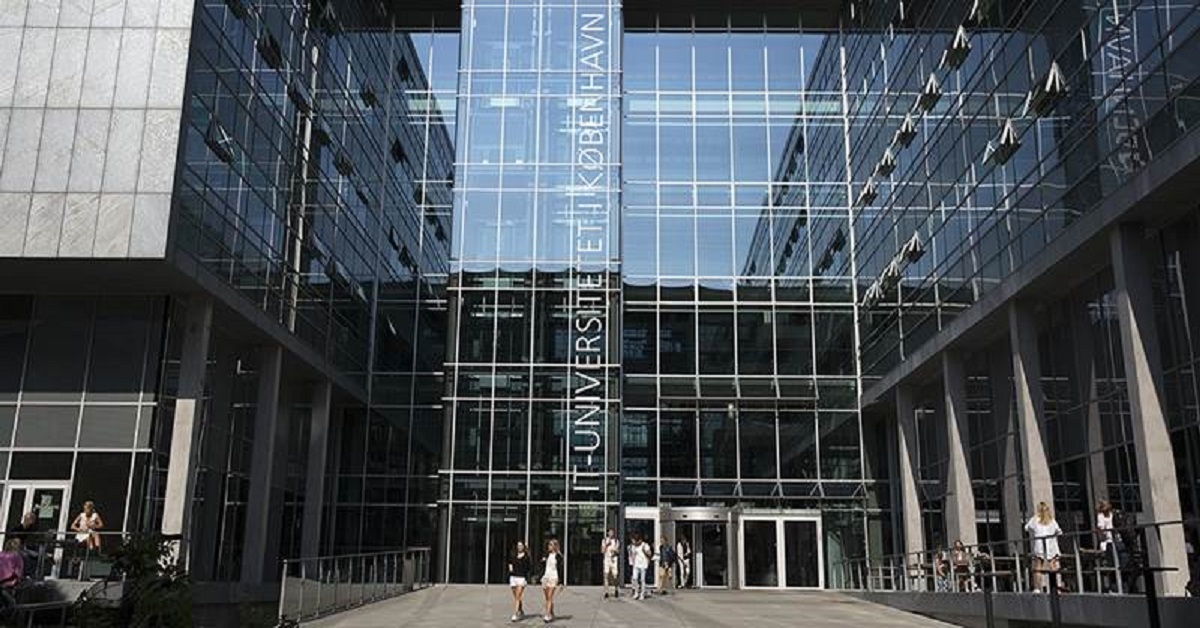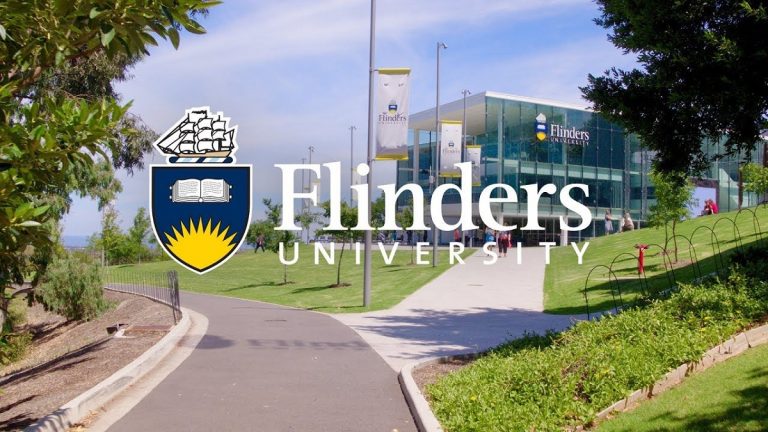
PhD fellowship in Computational Phylogenetics carried out in the Center for Computational Evolutionary Morphometrics
We are offering a PhD fellowship in Computational Phylogenetics commencing 1 October 2022 or as soon as possible thereafter.
Our group and research
This project will be carried out in the Center for Computational Evolutionary Morphometrics (CCEM) – a new interdisciplinary center for development of phylogenetic methods for analyses of morphology. The center is led by Stefan Sommer (UCPH), Rasmus Nielsen (UCPH, Berkeley), Mads Nielsen (UCPH) and Christy Hipsley (UCPH). It is physically located in Copenhagen, but with strong links to University of California, Berkeley. The project participants should expect to participate in visits and research stays at UC Berkeley. This position will be housed in the GLOBE institute, at the section for GeoGenetics: https://globe.ku.dk/research/geogenetics/, which is part of the Faculty of Health and Medical Sciences (SUND).
Project description
Organismal morphology is studied in biology to decode evolutionary relationships among species and to test evolutionary hypotheses in the context of phylogenies. The Stochastic Morphometry project aims to develop statistical models of evolutionary morphological change, thereby making phylogenetic inference tools applicable for the study of shape change. The aim is to develop an entirely new framework for phylogenetic analyses that treat the full 2D or 3D shape, such as a 2D photograph of a butterfly wing or a 3D model of a mammalian cranium, as an evolving object along the branches of a phylogeny. Essentially, we will extend Felsenstein’s classical Brownian motion model of character evolution to use full, infinitely dimensional shapes and stochastic shape processes.
This position will focus on applying the developed computational methods of shape evolution to 2D and 3D biological image data sets. All images are part of ongoing research programs led by UCPH collaborators on high visibility topics: butterfly development, avian diversity, canid domestication and human evolution. The project will be carried out in close collaboration with a team of researchers working on the mathematics of differential geometry and shape transformation, and biologists working on applied phylogenetics.
Specifically, the candidate will compare the performance of our method to more “traditional” morphological (i.e. linear measurements, character matrices) and landmark-based geometric morphometric approaches. The empirical data sets will cover a wide range of animal diversity and biological questions, allowing you to work together with experts in their respective areas to identify which features of the full morphological shape space change in a correlated manner and, specifically, to test current hypotheses about those correlations. Active research areas include: 1) Fluctuating asymmetry in butterflies; 2) Dog domestication; 3) Palaeohominid history; and 4) Bird beak evolution. We will for example estimate left-right butterfly wing asymmetry over time in relation to climatic factors, and generate a phylomorphospace to identify the spatiotemporal onset of domesticated phenotypes of canids.
Principal supervisor is Professor Rasmus Nielsen, GLOBE Institute, University of Copenhagen, E-mail: rasmus_nielsen@berkeley.edu, Phone +1 (510) 643 4993. Secondary supervisor is Assistant Professor Christy Hipsley, Department of Biology, University of Copenhagen, E-mail: christy.hipsley@bio.ku.dk, Phone +45 52617701.
Start date: October 1st 2022 or as soon as possible thereafter.
Duration:
Depending on your level of education, you can undertake the PhD program as either:
Option A: A three-year full-time study within the framework of the regular PhD program (5+3 scheme), if you already have an education equivalent to a relevant Danish master’s degree.
Option B: An up to five-year full-time study program within the framework of the integrated MSc and PhD program (the 3+5 or 4+4 scheme), if you do not have an education equivalent to a relevant Danish master´s degree – but you have an education equivalent to a Danish bachelors´s degree.
For further information, see: https://healthsciences.ku.dk/phd/guidelines/PhD_Guidelines.pdf.
Job description
Your key tasks as a PhD fellow at SUND are:
- Complete and pass a MSc education in accordance with the curriculum of the relevant MSc program (ONLY when you are attending the integrated MSc and PhD program)
- Complete an independent research project under supervision.
- Complete PhD courses or other equivalent education corresponding to approximately 30 ECTS points.
- Participate in active research environments including a stay at another research environment.
- Obtaining experience with teaching or other types of dissemination related to your PhD project
- Teaching and disseminating your knowledge.
- Writing a PhD thesis on the grounds of your project.
Key criteria for the assessment of applicants
Applicants must have qualifications corresponding to a master’s degree (5+3 model) or Bachelors (4+4 or 3+5 model) related to the subject area of the project, e.g. Computer Science, Statistics, or Biology. Please note that your master’s degree must be equivalent to a Danish master’s degree (two years).
Other important criteria are:
- The grade point average achieved and grades in relevant course work such as courses in Probability Theory, Stochastic Processes, Mathematical Statistics, Evolutionary Biology, and Phylogenetics.
- Solid programming experience in C/C++, Python or similar languages.
- Previous documented research experience in computational phylogenetics or computational statistics
- Previous publications
- Relevant work experience
- Other professional activities including outreach and work on diversity, equity, and inclusion
- A curious mind-set with a strong interest in applying advanced mathematics, statistics and computer science techniques in biology
- Good English language skills, both orally and written.
Place of employment
The place of employment is at the GLOBE Institute, Faculty of Health and Medical Sciences, University of Copenhagen. We offer creative and stimulating working conditions in dynamic and international research environment. The successful applicant will be housed together with other PhD students and Postdocs in the interdisciplinary Center for computational evolutionary morphometrics (CCEM)
Terms of employment
Option A: Getting into a position on the regular PhD program
Qualifications needed for the regular program
To be eligible for the regular PhD program, you must have completed a degree program, equivalent to a Danish master’s degree (180 ECTS/3 FTE BSc + 120 ECTS/2 FTE MSc) related to the subject area of the project (see above). For information of eligibility of completed programs, see General assessments for specific countries and Assessment database.
Terms of employment in the regular program
Employment as PhD fellow is full time and for maximum 3 years.
The employment is conditioned upon the applicant’s successful enrolment as a PhD student at the Graduate School at the Faculty of Health and Medical Sciences, University of Copenhagen. This requires submission and acceptance of an application for the specific project formulated by the applicant.
The PhD study must be completed in accordance with The Ministerial Order on the PhD programme (2013) and the Faculty’s rules on achieving the degree.
Salary, pension and terms of employment are in accordance with the agreement between the Ministry of Finance and The Danish Confederation of Professional Associations on Academics in the State. Depending on seniority, the monthly salary starts at approximately 28,300 DKK/Roughly 3,800 EUR (April 2022 level) plus pension.
Option B: Getting into a position on the integrated MSc and PhD program
Qualifications needed for the integrated MSc and PhD program
If you do not have an education equivalent to a relevant Danish master´s degree, you might be qualified for the integrated MSc and PhD program, if you have an education equivalent to a relevant Danish bachelor´s degree. Here you can find out, if that is relevant for you: General assessments for specific countries and Assessment database.
Terms of the integrated program
To be eligible for the integrated scholarship, you are (or are eligible to be) enrolled at one of the faculty’s master programs.
Students on the integrated program will enroll as PhD students simultaneously with completing their enrollment in this MSc degree program.
The duration of the integrated program is up to five years and depends on the number of credits that you have passed on your MSc program. For further information about the study program, please see: https://healthsciences.ku.dk/phd/guidelines/.
Until the MSc degree is obtained, (when exactly two years of the full 3+5 program remains), the grant will be paid partly in the form of 48 state education grant portions (in Danish: “SU-klip”) plus salary for work (teaching, supervision etc.) totaling a workload of at least 150 working hours per year. A PhD grant portion is DKK 6,397 (2022 level).
When you have obtained the MSc degree, you will transfer to the salary-earning part of the scholarship for a period of two years. At that point, the terms of employment and payment will be according to the agreement between the Ministry of Finance and The Danish Confederation of Professional Associations on Academics in the State (AC). The position is covered by the Protocol on Job Structure. Salary range starts at approx. DKK 28,300 per month incl. PhD supplement (1 April 2022 level).
Questions
For specific information about the PhD fellowship, please contact the principal supervisor.
General information about PhD studies at the Faculty of Health and Medical Sciences is available at the Graduate School’s website: https://healthsciences.ku.dk/phd/guidelines/.
Application procedure
Your application must be submitted electronically by clicking ‘Apply now’ below. The application must include the following documents in PDF format:
1. Motivated letter of application (max. one page)
2. CV incl. education, experience, language skills and other skills relevant for the position
3. Certified copy of original Master of Science diploma and transcript of records in the original language, including an authorized English translation if issued in other language than English or Danish. If not completed, a certified/signed copy of a recent transcript of records or a written statement from the institution or supervisor is accepted. As a prerequisite for a PhD fellowship employment, your master’s degree must be equivalent to a Danish master’s degree. We encourage you to read more in the assessment database: https://ufm.dk/en/education/recognition-and-transparency/find-assessments/assessment-database. Please note that we might ask you to obtain an assessment of your education performed by the Ministry of Higher Education and Science
4. Publication list (if possible)
Application deadline: 22 may 2022, 23.59pm CET
We reserve the right not to consider material received after the deadline, and not to consider applications that do not live up to the abovementioned requirements.
The further process
After the expiry of the deadline for applications, the authorized recruitment manager selects applicants for assessment on the advice of the hiring committee. All applicants are then immediately notified whether their application has been passed for assessment by an unbiased assessor.
The assessor makes a non-prioritized assessment of the academic qualifications and experience with respect to the above-mentioned area of research, techniques, skills and other requirements listed in the advertisement.
Once the assessment work has been completed, each applicant has the opportunity to comment on the part of the assessment that relates to the applicant him/herself.
You can find information about the recruitment process at: https://employment.ku.dk/faculty/recruitment-process/.
The applicants will be assessed according to the Ministerial Order no. 242 of 13 March 2012 on the Appointment of Academic Staff at Universities.
The University of Copenhagen wishes to reflect the surrounding community and invites all regardless of personal background to apply for the position.
Part of the International Alliance of Research Universities (IARU), and among Europe’s top-ranking universities, the University of Copenhagen promotes research and teaching of the highest international standard. Rich in tradition and modern in outlook, the University gives students and staff the opportunity to cultivate their talent in an ambitious and informal environment. An effective organisation – with good working conditions and a collaborative work culture – creates the ideal framework for a successful academic career.
Info
Application deadline: 22-05-2022Employment start: 01-10-2022Working hours: Full timeDepartment/Location: GLOBE Institute


